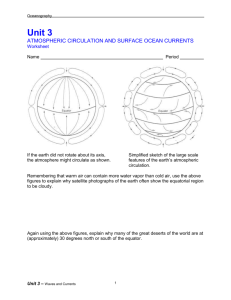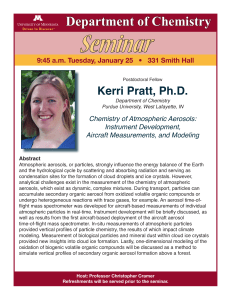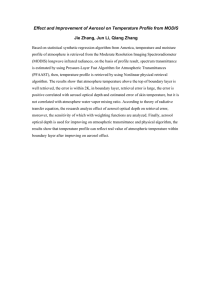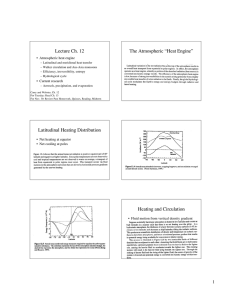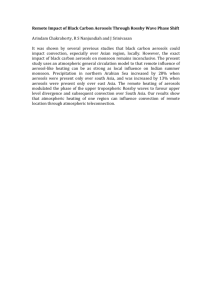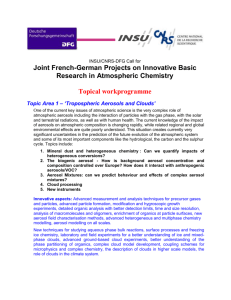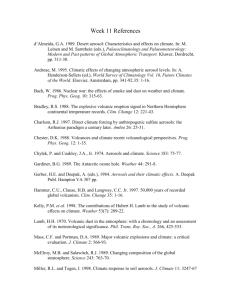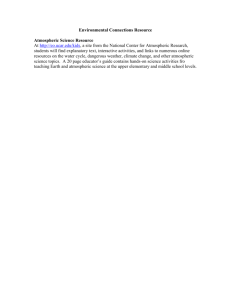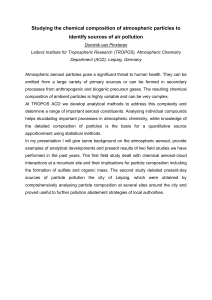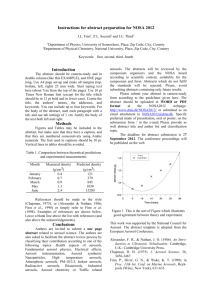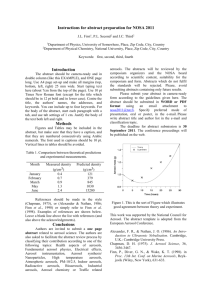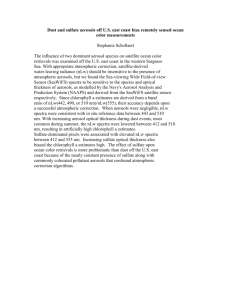Bollasina_LORRI
advertisement
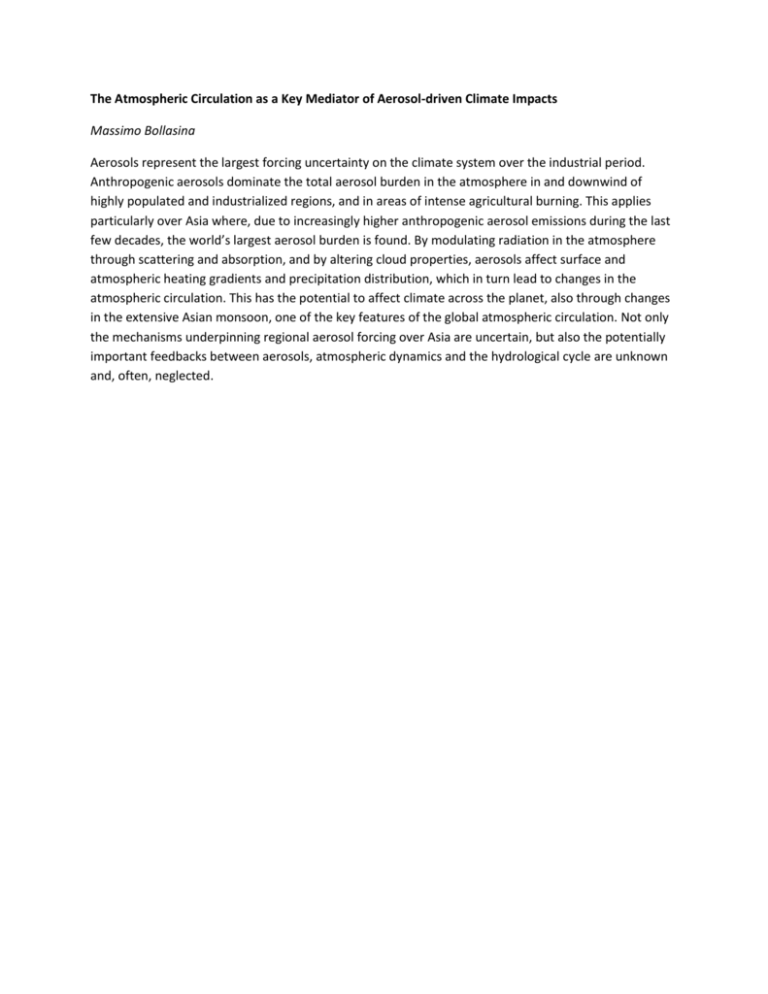
The Atmospheric Circulation as a Key Mediator of Aerosol-driven Climate Impacts Massimo Bollasina Aerosols represent the largest forcing uncertainty on the climate system over the industrial period. Anthropogenic aerosols dominate the total aerosol burden in the atmosphere in and downwind of highly populated and industrialized regions, and in areas of intense agricultural burning. This applies particularly over Asia where, due to increasingly higher anthropogenic aerosol emissions during the last few decades, the world’s largest aerosol burden is found. By modulating radiation in the atmosphere through scattering and absorption, and by altering cloud properties, aerosols affect surface and atmospheric heating gradients and precipitation distribution, which in turn lead to changes in the atmospheric circulation. This has the potential to affect climate across the planet, also through changes in the extensive Asian monsoon, one of the key features of the global atmospheric circulation. Not only the mechanisms underpinning regional aerosol forcing over Asia are uncertain, but also the potentially important feedbacks between aerosols, atmospheric dynamics and the hydrological cycle are unknown and, often, neglected.
